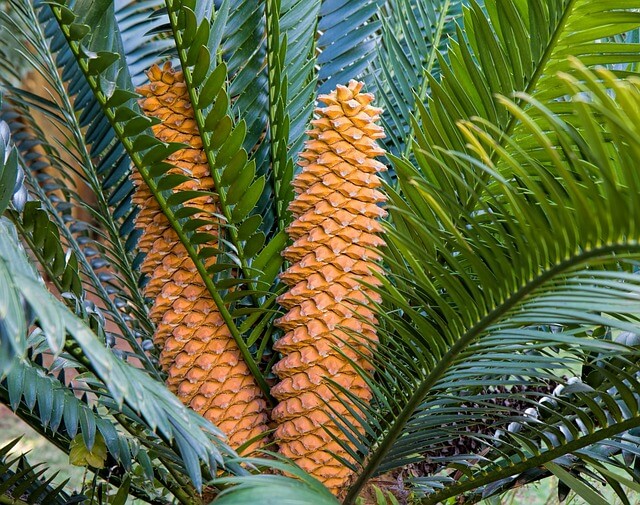Toxic Plants for Pets
South Cranbourne Veterinary Surgery
Toxic Plants for Pets
South Cranbourne Veterinary Surgery
If you suspect your pet may have come into contact with a toxic plant, seek veterinary attention immediately. If possible, bring along part of the plant so the veterinarian can identify it and treat your pet accordingly.
Below is a list of plants that may pose a risk to your pet’s health if eaten. All pet owners should be mindful before bringing these flowers and plants into the home:
Flowering Plants
- All Lilies (inc Asian Lily, Stargazer, Tiger Lily, Wood Lily, Day Lily, Rubrum Lily, Climbing Lily and Lily of the Valley) Anyone who has a cat should never have lilies in their house or garden. Even a tiny amount, such as a young cat mouthing the foliage, is dangerous. All parts of the plant are toxic and can be fatal for cats. Cats may have anorexia and/or vomiting within a few hours. Acute kidney or liver failure can occur within 24 – 72 hours after exposure and may lead to death.
- Amaryllis
- Hyacinth
- Hydrangea
- Autumn Crocus
- Bird of Paradise
- Iris
- Kalanchoe
- Cyclamen
- Narcissus
- Daffodil
- Poinsettia
- Tulip
- Gladiola
Ferns
- Asparagus Fern
- Plumosa Fern
- Emerald Feather
- Lace Fern
- Cycads
Indoor Plants
- Aglaonema
- Arrowhead Vine
- Dracaena Fragans
- Dracaena Marginata
Perennials
- Mother-In-Law’s Tongue
- Aloe Vera
- Morning Glory
- Arum or Calla
- Anthurium

Opening Hours
Monday: 8am–7pm
Tues-Thurs: 8am–6pm
Friday: 8am–7pm
Saturday: 8am–12pm
Sunday: Closed
Address
82 Earlston Circuit, Cranbourne VIC 3977

